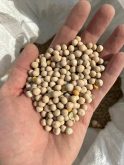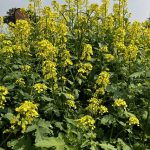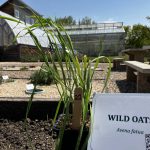Paris | Reuters — The plant-based protein market has seen a slowdown in new product launches and lower sales in restaurants and cafeterias due to COVID-19 but benefited from more people cooking at home and trying new products, French manufacturer Roquette said.
The market for plant-based protein such as meat-free burgers has surged in the past few years, attracting major investment from global agrifood groups, including Archer Daniels Midland , Cargill and Nestle, hoping to capitalize on a trend towards healthy eating generally, including less red meat.
Read Also

U.S. grains: Chicago grain prices fall amid profit-taking and dollar rebound
Chicago | Reuters – Chicago corn, soybean and wheat futures fell on Friday, pressured by profit-taking and a rebound in…
But lockdowns around the world to prevent the spread of COVID-19 have shaken the market, Jean-Philippe Azoulay, Roquette’s head of pea and new proteins business, told Reuters in an interview.
“Long-term were are not worried, this is a trend which is not going to reverse but short term there is some uncertainty,” he said.
Azoulay said there had been a sharp slowdown in new products due to the fact that many companies had to shut down laboratories, including Roquette.
The family-run company, which signed a three-year supply agreement with U.S. plant-based burger maker Beyond Meat to end-2022, is due to open the world’s largest pea protein factory at Portage la Prairie, Man. later this year.
Azoulay said sales to food service outlets, including restaurants and cafeterias, were also severely impacted by the crisis.
But it also led to increased demand for plant-based protein food in supermarkets, with people doing more cooking and trying new recipes, which could prove positive for the sector long-term.
A Reuters analysis of sales data showed that U.S. sales of fresh plant-based meat rose 102 per cent in volume in the second quarter of the year.
A positive impact from the COVID crisis, such as people eating less meat or less fish, could prompt Roquette to accelerate plans to open a second facility in Canada, Azoulay said.
— Sybille de La Hamaide is a Reuters correspondent covering France’s agrifood sector from Paris.















